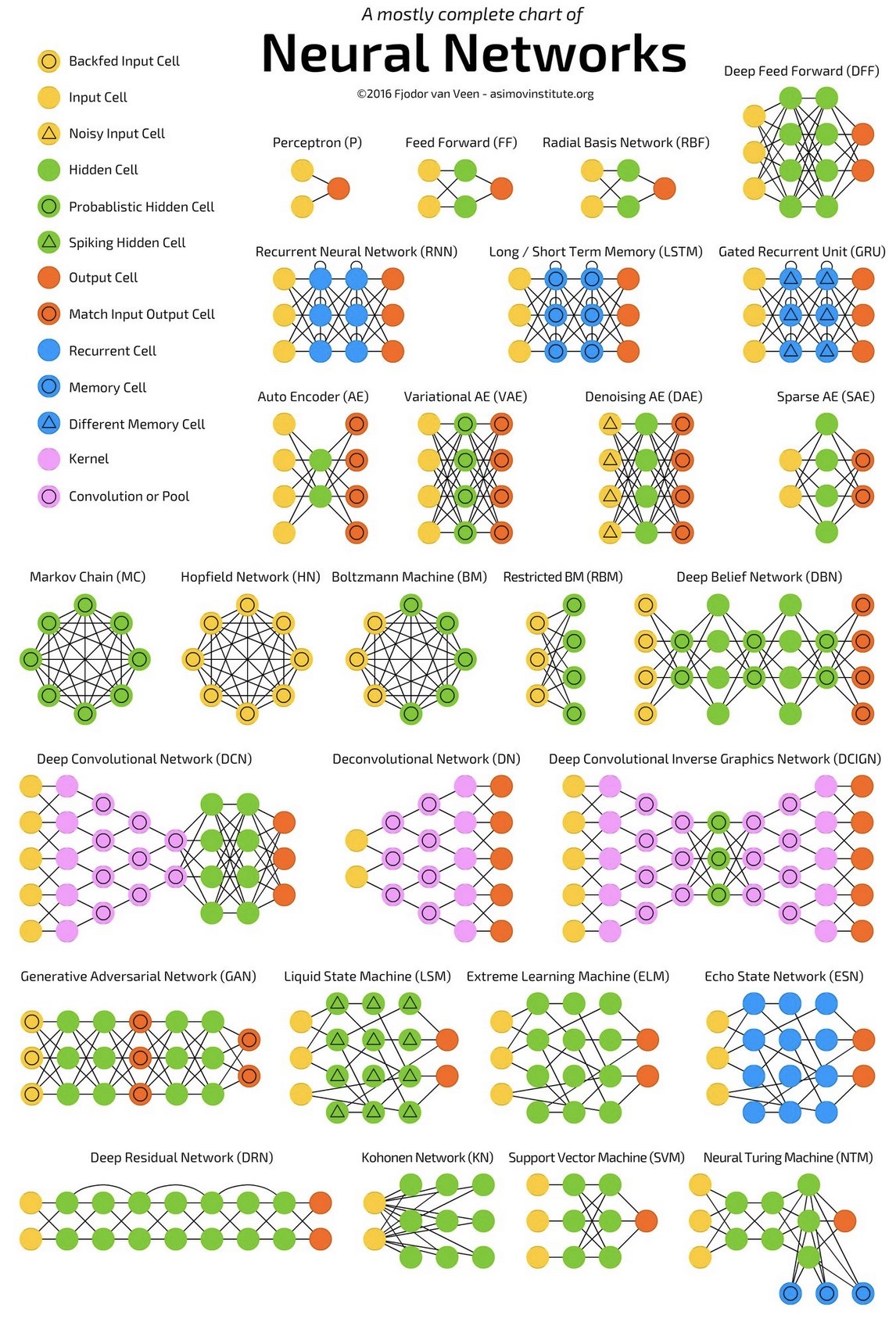
Do all media become AI media? But hey, not so fast … don’t believe the hype! In this class, we are going to inquire into the multi-folded histories of media technologies that promised, and sometimes gave us, Artificial Intelligence. Current “AI” has a material, infrastructural grounding in sociotechnical data practices and economies, human learning, organizational work, and neural network algorithms. But it is also driven by its imaginaries in literature and film, and maybe most of all by the idea that a General Purpose AI is possible. In any case, “AI” is one of the assistive media technologies of test societies in-the-making. While the current summer of machine learning, large-language models and generative media might come to an end soon, we are going to reconstruct decisive trajectories of both connectionist and symbolic AI. Be prepared for challenging class that involves complex historical source materials, scientific knowledges, and a critical approach towards the power and biases of the new statistical machines that make AI promises work.
Literatur:
Agre, Philip E. 1997. Computation and Human Experience. Learning in Doing: Social, Cognitive, and Computational Perspectives. Cambridge: Cambridge University Press.
Dhaliwal, Ranjodh Singh, Theo Lepage-Richer und Lucy Suchman. 2023. Neural Networks. In Search of Media. Minneapolis, MN; London; Lüneburg: University of Minnesota Press; Meson. https://meson.press/wp-content/uploads/2024/07/978-3-95796-083-2-Neural-Networks.pdf.
- Dozent/in: Sebastian Gießmann
- Dozent/in: Daniel Robert Tipping
- Dozent/in: Katharina Zimmer-Lachmann